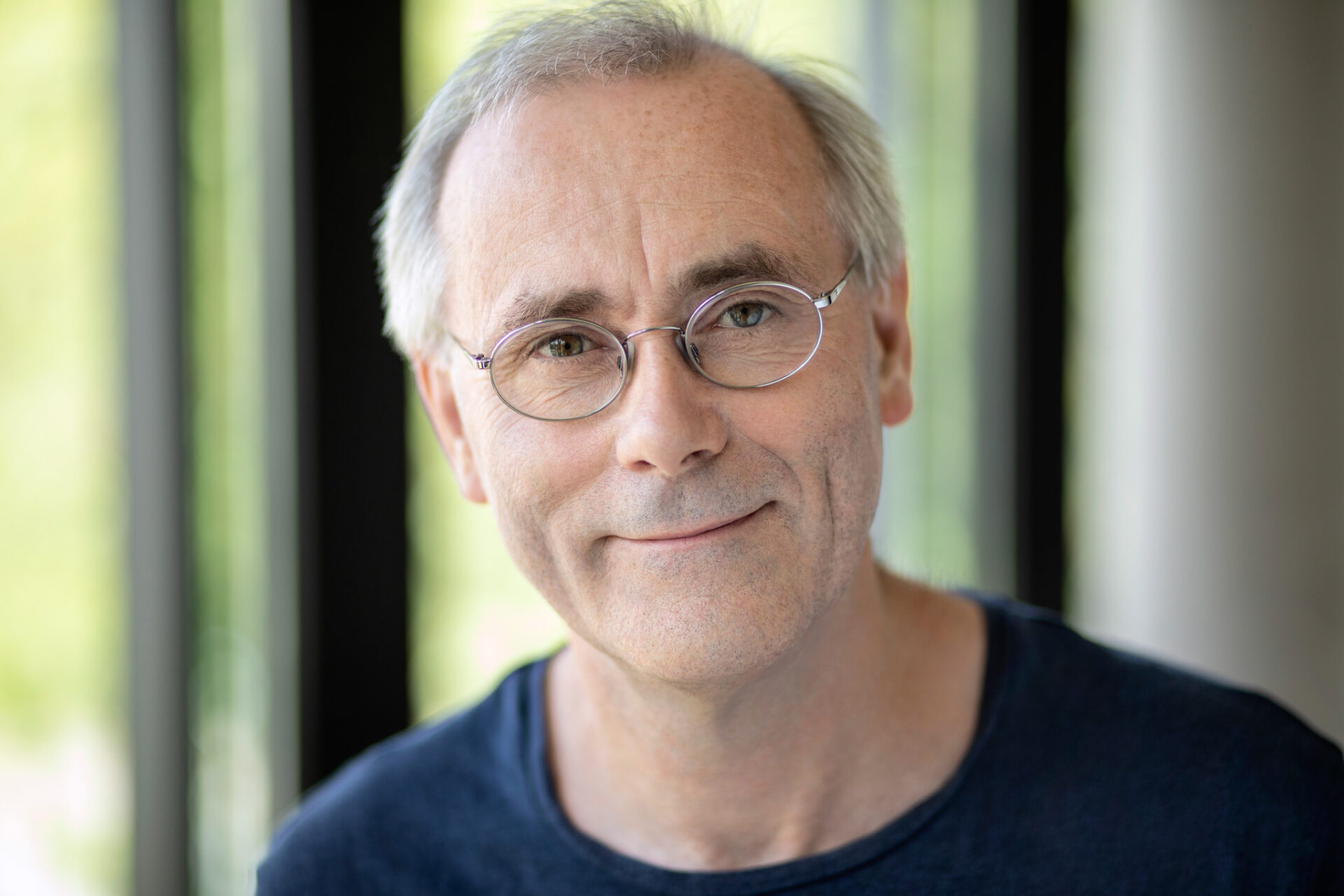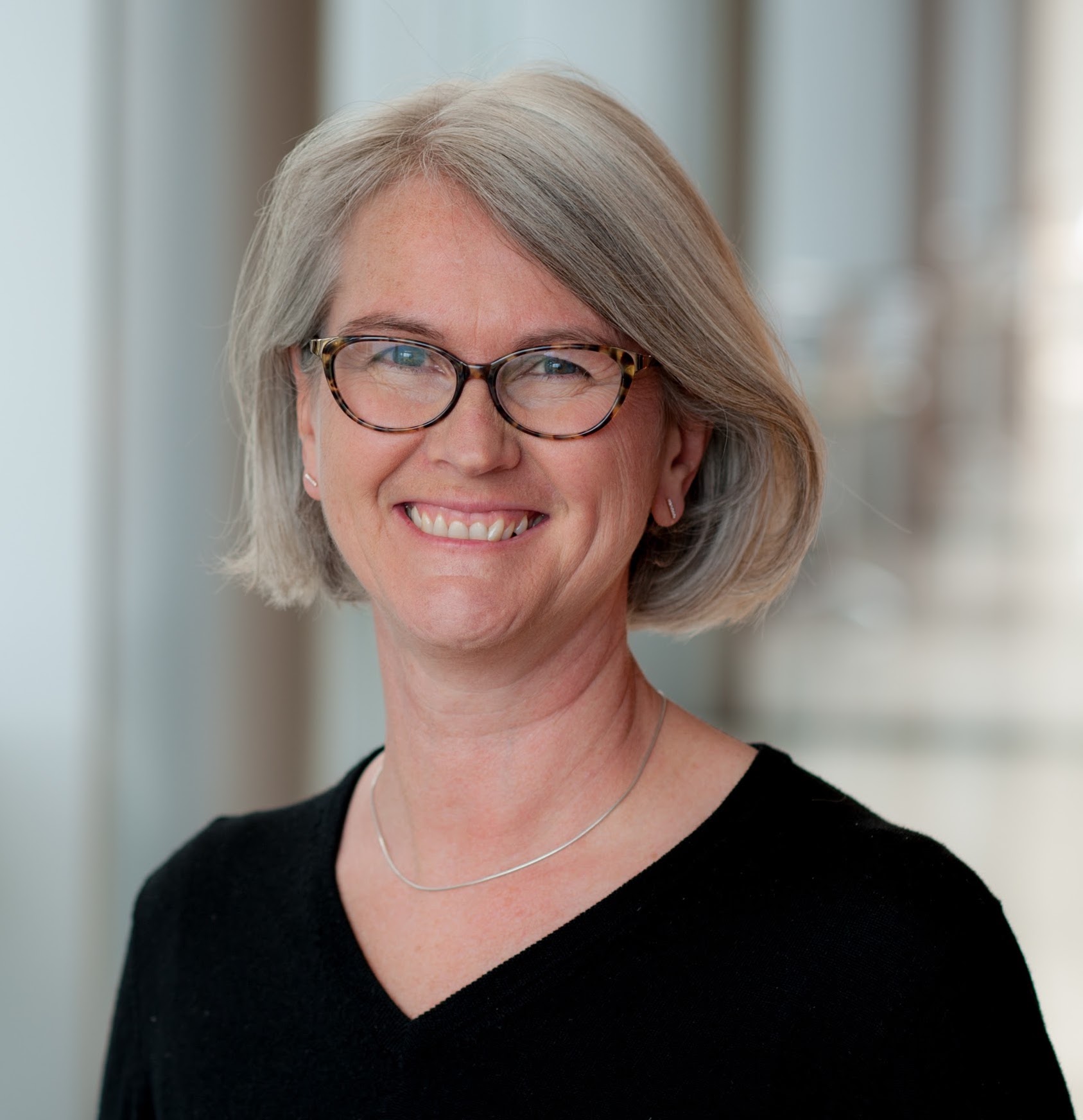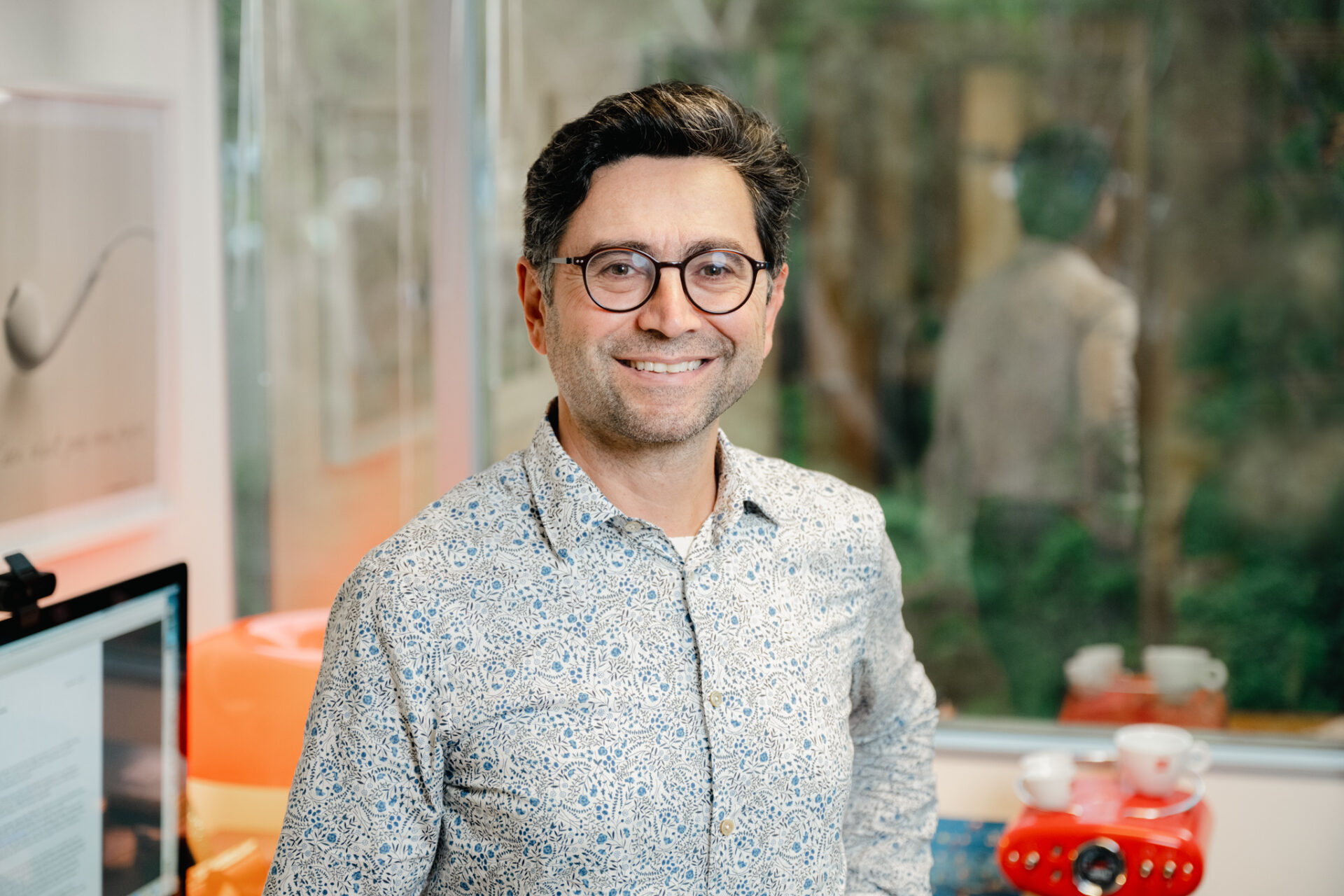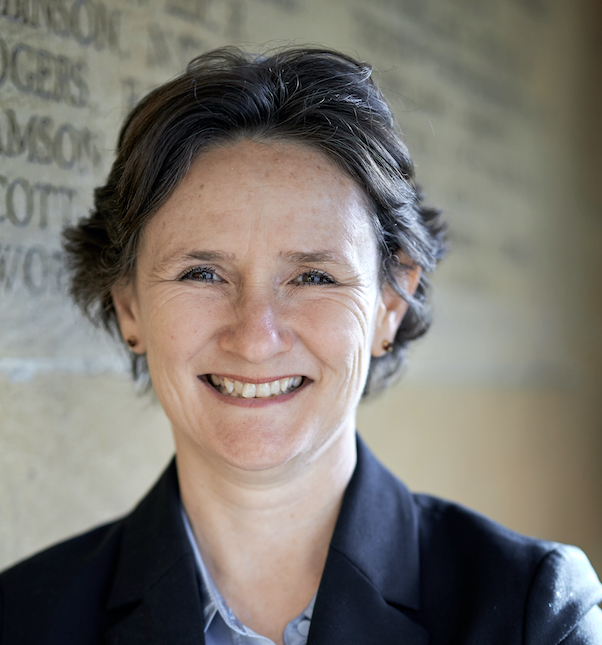The Physiological Society’s Board of Trustees is delighted to announce the appointment of six new Honorary Fellows:
- Professor Kim E. Barrett, PhD, University of California, Davis, Davis, California, U.S.
- Professor David Julius, PhD, University of San Francisco, San Fransisco, California, U.S.
- Professor Gary Richard Lewin, PhD, Max-Delbrück Center for Molecular Medicine (MDC), Berlin, Germany
- Professor Diane Lipscombe, PhD, Brown University, Providence, Rhode Island, U.S.
- Professor Ardem Patapoutian, PhD, Scripps Research, La Jolla, California, U.S.
- Professor Irene Tracey, CBE FMedSci, University of Oxford, Oxford, UK
Honorary Fellowship is the highest honour that The Physiological Society presents to an individual and it recognises persons of distinction in science who have contributed to the advancement of physiology.
Professor David Paterson, President of The Society said:
“I am delighted the Society has been able to recognise these outstanding physiologists who have made major contributions and ground-breaking discoveries to our discipline. The global reach of physiology is clear from these honorands.“
Their appointment will be celebrated at the 2022 Member Forum, which will be held at The Royal Society on 2 December 2022. Please find below a short biography for each new Honorary Fellow.
Professor Kim E. Barrett PhD
University of California, Davis, California, U.S.

Professor Kim E. Barrett is a native of the United Kingdom, and obtained her B.Sc. and Ph.D. degrees (in Medicinal Chemistry and Biological Chemistry, respectively) from University College London. Following a post-doctoral fellowship at the National Institutes of Health (NIH), she joined the faculty of the University of California (UC) San Diego in 1985, was promoted to Full Professor in 1996, and advanced to the rank of Distinguished Professor of Medicine in 2015. From 2006-2016, she additionally served as Dean of the Graduate Division at UC San Diego. In this capacity, she oversaw the recruitment, academic advancement and climate for more than 5000 masters and doctoral students. She also served as the rotating Director of the Division of Graduate Education at the US National Science Foundation from 2020-2021.
Since November 2021, she has been Distinguished Professor of Physiology and Membrane Biology and Vice Dean for Research in the School of Medicine at UC Davis, where she is leading initiatives to bolster both basic and clinical research activities. With support from the NIH and private foundations, her own research interests have centered on the physiology and pathophysiology of the intestinal epithelium and their relevance to inflammatory bowel diseases and diarrheal diseases, and have resulted in more than 300 publications.
Her scientific accomplishments have also garnered a number of awards and other recognitions, including the Bayliss/Starling Lectureship of The Physiological Society, the Bowditch, Davenport and Ussing Lectureships of the American Physiological Society, receipt of the degree of Doctor of Medical Science, honoris causa, from Queens University Belfast, the Distinguished Achievement in Basic Science award from the American Gastroenterological Association, and election as a Fellow of the International Union of Physiological Sciences. She is a Past-President of the American Physiological Society and is currently serving as Councilor-at-Large on the Governing Board of the American Gastroenterological Association. She has also been highly active in scholarly publishing, and completed a six-year term as Editor-in-Chief for The Journal of Physiology in 2022.
Professor David Julius PhD
University of San Francisco, San Francisco, California, U.S.

Professor David Julius grew up in Brighton Beach, Brooklyn, where he attended public elementary and high schools. David received his undergraduate degree from MIT (1973-77), gaining his first research experience in the laboratory of Dr. Alexander Rich studying mechanisms of tRNA aminoacylation. He then moved to the University of California at Berkeley for graduate studies (1977-84), where he worked with Drs. Jeremy Thorner and Randy Schekman to elucidate mechanisms of peptide hormone processing and secretion in Saccharomyces yeast, culminating in characterization of KEX2 as the first identified prohormone convertase. For postdoctoral studies (1984-1989), David joined Dr. Richard Axel’s group at Columbia University, where his focus turned to neuropharmacology and receptor function. During this time, David developed novel expression cloning methods that enabled him to identify genes encoding members of the serotonin receptor family. David then joined the faculty at the University of California, San Francisco (1990), where he is currently the Morris Herzstein Chair in Molecular Biology and Medicine and Professor and Chair in the Department of Physiology.
A major focus of David’s work is to elucidate molecular mechanisms of somatosensation and pain, and sensory adaptation. His group has exploited the properties of natural products to discover a family of thermo- and chemo-sensitive ion channels that enable sensory nerve fibers to detect hot or cold temperatures and other noxious stimuli. With the aid of genetic, electrophysiological, and behavioral methods, they have determined how these ion channels contribute to pain sensation, and how channel activity is modulated in response to tumor growth, infection, or other forms of injury that produce inflammation and pain hypersensitivity.
David is a member of the National Academy of Sciences, the National Academy of Medicine, the American Academy of Arts and Sciences, the Hungarian Academy of Sciences (Honorary), and the Norwegian Academy of Science and Letters (Foreign Member). He serves on the Board of Directors of the Diablo Regional Arts Association, a non-profit organization that brings performing arts and education to the California Bay Area. He is a co-recipient of the 2020 Kavli Prize in Neuroscience, the 2021 BBVA Foundation Frontiers of Knowledge Award, and the 2021 Nobel Prize in Physiology or Medicine (all shared with Ardem Patapoutian).
Professor Gary Richard Lewin PhD
Max-Delbrück Center for Molecular Medicine (MDC), Berlin, Germany

Professor Gary Lewin was born on the Isle of Man and was the first in his family to go to university. He has led a research group at the Max-Delbrück Center for Molecular Medicine (MDC) in Berlin, Germany for more than 25 years. Early in his career he discovered a critical role for nerve growth factor in the development of inflammatory pain hypersensitivity. Later he pioneered the study of the molecular basis of mammalian sensory mechanotransduction that underlies our sense of touch and pain. Both of these research avenues have led to the development of new therapies to treat sensory disorders. In the last 15 years he also introduced the naked mole-rat as an experimental model to probe the molecular basis of extreme physiology. Professor Lewin did his first degree at the University of Sheffield in Physiology and Pharmacology and his PhD at the University of London. After post-doctoral work at SUNY at Stony Brook he moved to Germany as an Alexander von Humboldt fellow to work at the Max-Planck Institute in Munich. In 1996 he started his own group in Berlin and became a tenured Professor with a joint appointment at the Charité Medical University in 2003. Professor Lewin has received two senior ERC research grants in succession. He has fulfilled numerous leadership roles at the MDC and now responsible for one of three main research areas within the institute. He has served on many grant bodies notably as an ERC panel member for 10 years. He was elected member of the European Molecular Biology Organization (EMBO) in 2008. In 2019 he was honored with Ernst Jung Prize for Medicine a prestigious research prize in Germany.
Professor Diane Lipscombe PhD
Brown University, Providence, Rhode Island, U.S.

Professor Diane Lipscombe, Reliance Dhirubhai Ambani Director of the Robert J. and Nancy D. Carney Institute for Brain Science and the Thomas J Watson Jr. Professor of Science in the Department of Neuroscience at Brown University, is a leader in the field of neuronal calcium ion channel regulation and function in health and disease. She is a past President of the Society for Neuroscience, a member of the American Academy of Arts and Sciences, and past chair of the Board of Scientific Counselors for the National Institute of Neurological Disorders and Stroke at the NIH. Professor Lipscombe studies ion channel expression, modulation, and function with interest in the molecular and cellular mechanisms that underlie neurological and psychiatric diseases. Her research team recently discovered a new mechanism that controls cell-specific pre-mRNA splicing of a voltage-gated calcium ion channel important for the transmission of noxious stimuli and the development of hyperalgesia in nociceptors. The recipient of several awards for teaching and mentorship, Professor Lipscombe has a history of working to improve and enhance graduate education and training.
Professor Ardem Patapoutian PhD
Scripps Research, La Jolla, California, U.S.

Professor Ardem Patapoutian is a molecular biologist and physiologist. His laboratory identified the molecules that sense temperature and pressure involved in touch, pain, and regulating blood pressure. Patapoutian was born in Lebanon in 1967 and immigrated to the USA in 1986. He graduated from UCLA in 1990 with a B.S. and received his Ph.D. from Caltech in 1996. He joined the faculty of Scripps Research in 2000, where he is currently the Presidential Endowed Chair in Neurobiology and an Investigator of the Howard Hughes Medical Institute. He is a member of the National Academy of Sciences (2017) and a member of American Academy of Arts and Sciences (2020). He is a co-recipient of the 2020 Kavli Prize in Neuroscience, the 2021 BBVA Foundation Frontiers of Knowledge Award, and the 2021 Nobel Prize in Physiology or Medicine (all shared with David Julius).
Professor Irene Tracey, CBE FMedSci
University of Oxford, Oxford, UK

Professor Irene Tracey is Warden (Head) of Merton College, University of Oxford, her alma mater and Professor of Anaesthetic Neuroscience. She has just been appointed as the next Vice-Chancellor at the University of Oxford and will take up office in January 2023.
Subsequent to a postdoctoral fellowship at Harvard University, she was a founding member of the world-renowned Oxford Centre for Functional Magnetic Resonance Imaging of the Brain (now WIN). She was its director from 2005-2015 whilst holding the Nuffield Chair in Anaesthetic Sciences. She then became Head of the over-arching Nuffield Department of Clinical Neurosciences that merged anaesthetics, neurology, ophthalmology and FMRIB prior to taking up her current role.
Her multidisciplinary research team has contributed to our understanding of pain perception and pain relief within the human central nervous system using advanced neuroimaging. They also investigate the neural basis of anaesthesia induced altered states of consciousness.
Irene has served and continues to serve science through her election to Councils of: International Association for the Study of Pain, British Neuroscience Association, and Council of the Medical Research Council. She was awarded the triennial Patrick Wall Medal (2008) and made an FRCA by the Royal College of Anaesthetists (2009); elected a Fellow of the Academy of Medical Sciences (2015); awarded the Feldberg Foundation Prize (2017) and British Neuroscience Association’s Outstanding Contribution to Neuroscience award (2018); elected to the Academia Europaea (2020); and is President of the Federation of European Neuroscience Societies (FENS). In 2022, she was appointed by Her Majesty The Queen to a Commander of the Order of the British Empire (CBE) for services to Medical Research. She is married to Professor Myles Allen, a climate physicist, and they have three children.
